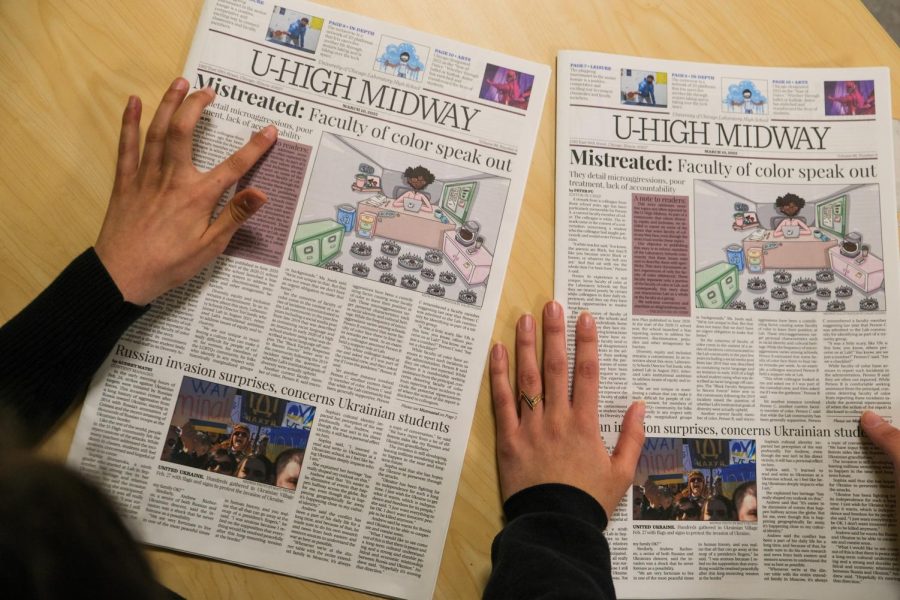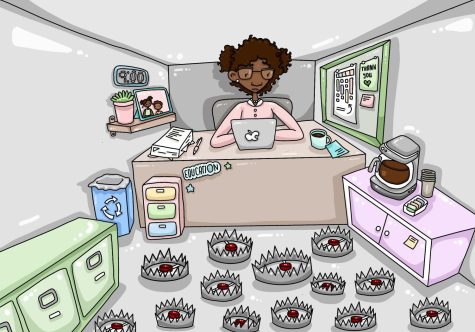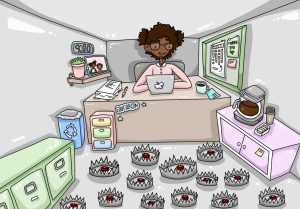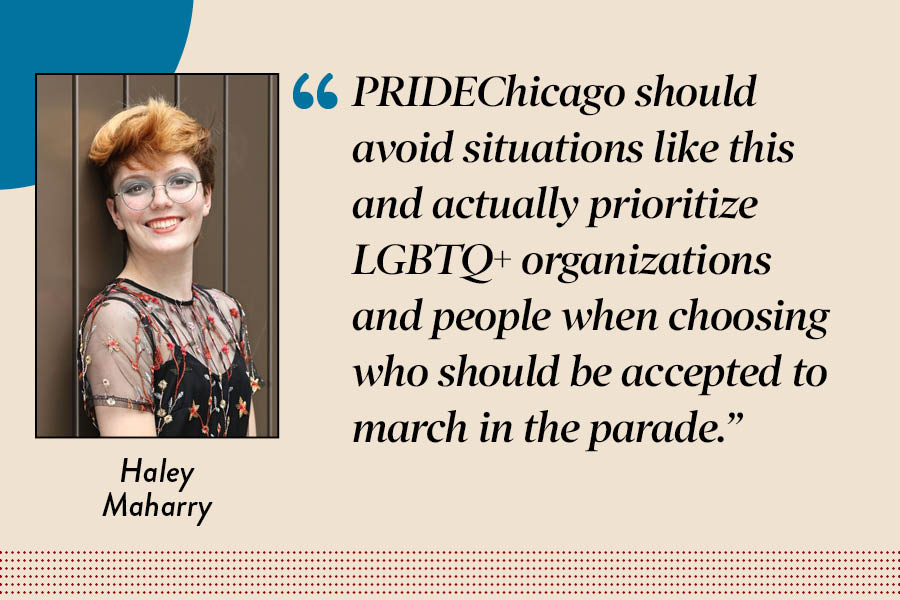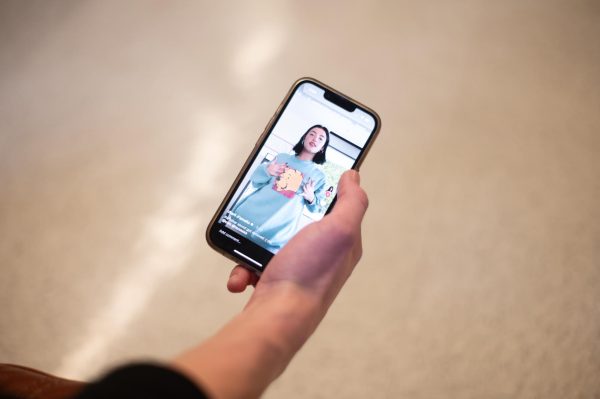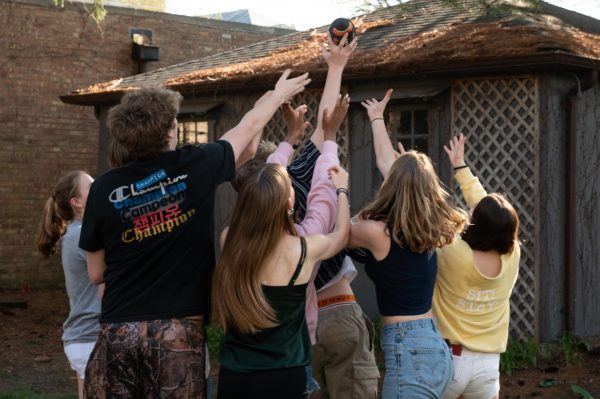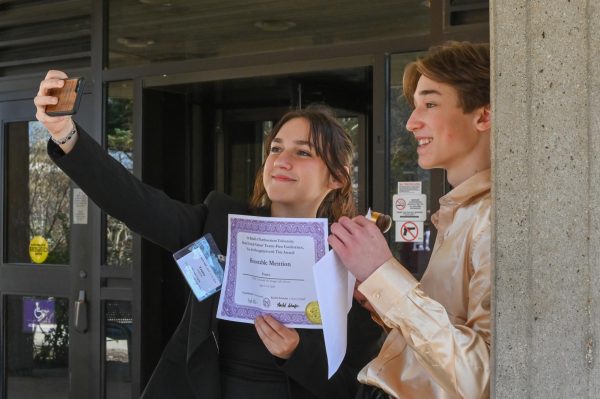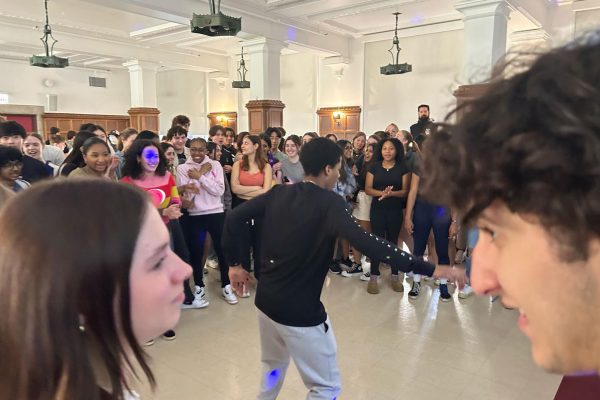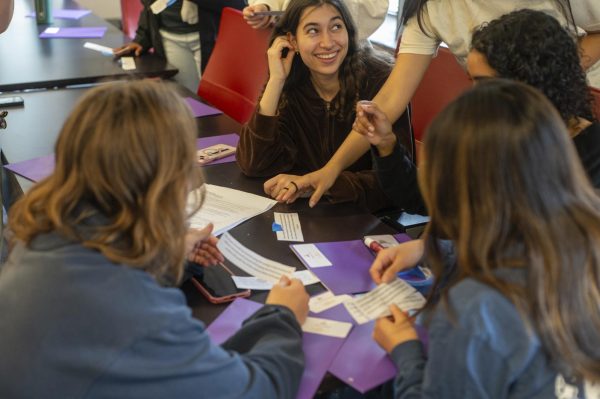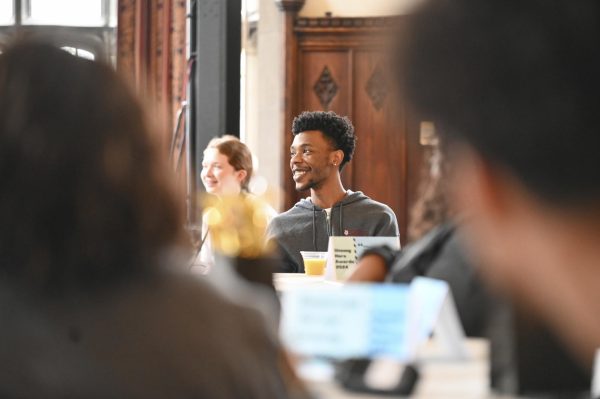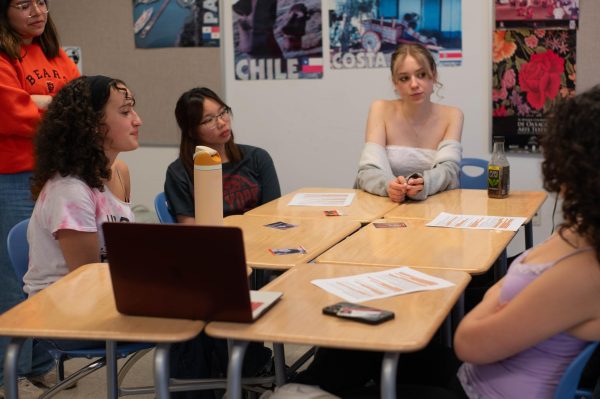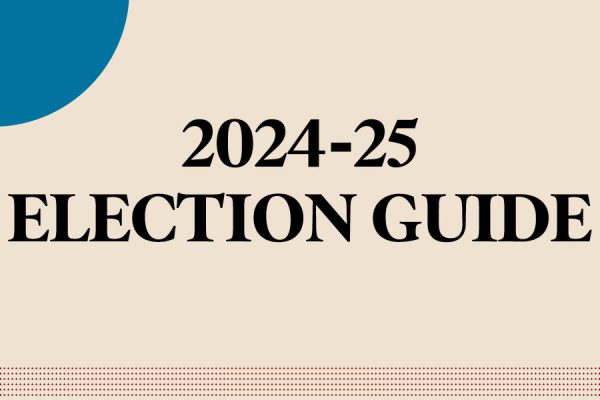Lab community disappointed but not surprised by faculty mistreatment
Students read a story in the Midway that highlights incidents of mistreatment and frustration over the lack of accountability for racist actions.
April 1, 2022
Reacting to a story published in the Midway March 9, U-High students and teachers expressed disappointment, but not surprise, at the frequency of incidents of mistreatment and frustration over the lack of accountability for racist actions.
Director Victoria Jueds sent an email message to the Lab community after the publication of the article where she shared her reflections on Lab’s commitment to ensuring all students and employees feel like they belong.
“I share the dismay expressed by many that we are not where we want to be, and that in various ways we have failed to adequately support, appreciate, and celebrate BIPOC educators and students,” Ms. Jueds wrote in the letter.
Senior Tech Nix, president of the Black Students’ Association, said BSA members discussed the article with faculty at the club meeting March 11.
“I wasn’t surprised at all,” Tech said. “We ended up talking about the article [in BSA], and none of us in that group was surprised either.”
Similarly, counselor Camille Baughn-Cunningham, who is Black, said she was not surprised.
“The fact that these things happen is not surprising,” said Dr. Baughn-Cunningham, who is also a U-High alumna. “The fact that we can’t as a community address them and prevent them and decrease the number of incidents, the frequency and somehow come out on a better side — that’s the part that surprises me.”
According to Tech, something that was very clear when reading the article was a pattern of incidents of racism being overlooked when mentioned by faculty members of color.
“I think mostly just like listening to them when they say that there’s something that’s happening,” Tech said. “I remember reading in the article that a lot of people said they would talk about it with other faculty as well as the administration, but they’d talk about it and nothing really happened.”
While awareness and conversation is important, action and accountability are more useful, according to Tech.
“Making an effort to take action past just talking is something that I think a lot of faculty members would appreciate, and really that’s the next step,” Tech said. “I don’t want to speak for them. These are things that I’ve interpreted from our conversations at BSA and through reading the article.”
Dr. Baughn-Cunningham also said action needs to start with accountability.
“At some level, there were, and I think the article alludes to this, there were opportunities that weren’t taken to really hold people accountable, accountable for actions that they made for whatever reasons that were harmful to someone else, and I think that’s where we have to start as a community,” Dr. Baughn-Cunningham said.
Like others, the mistreatment described in the article did not come as a surprise to art teacher Sunny Neater, who is white. She said she is part of a group called White Anti-Racist Educators at Lab that works to examine the role that white educators play in racism at Lab and beyond it.
“My initial reaction was, like, this is super sad, and made me angry and made me respond to it as like a call to action,” Ms. Neater said. “Not to just be like, ‘Oh, that’s so sad for you guys,’ like no one needs white people to be sad for them. They need white people to do better.”
Ms. Neater had her classes read the article and discuss their reactions to it. She said she wanted them to be aware of the experiences of their teachers and to examine their own actions.
“I wanted them to really know about it, because I wasn’t sure if they knew,” Ms. Neater said. “In talking to a couple colleagues afterwards, they were like, ‘You know, what wasn’t stated is, like, students treat us poorly. Students will say, you know, subtly racist things and treat us in ways that are disrespectful.’”
According to Ms. Neater, the article has sparked reflection among some teachers, including herself, and she hopes that this reflection continues.
Dr. Baughn-Cunningham said failing to hold people accountable for racist actions can perpetuate a community where these actions can be glossed over, and that can lead to losing valuable members of Lab, which she described as disheartening.
“I think, obviously, as adults, as people in general, we recognize that people move on to do bigger, better things that maybe they’ve always wanted an opportunity to do, and that’s a wonderful way to leave,” Dr. Baughn-Cunningham said. “Leaving in this way is not. I think it leaves each one of us with a wound in some way to know that people have left because they have not felt accepted and safe in this space.”



